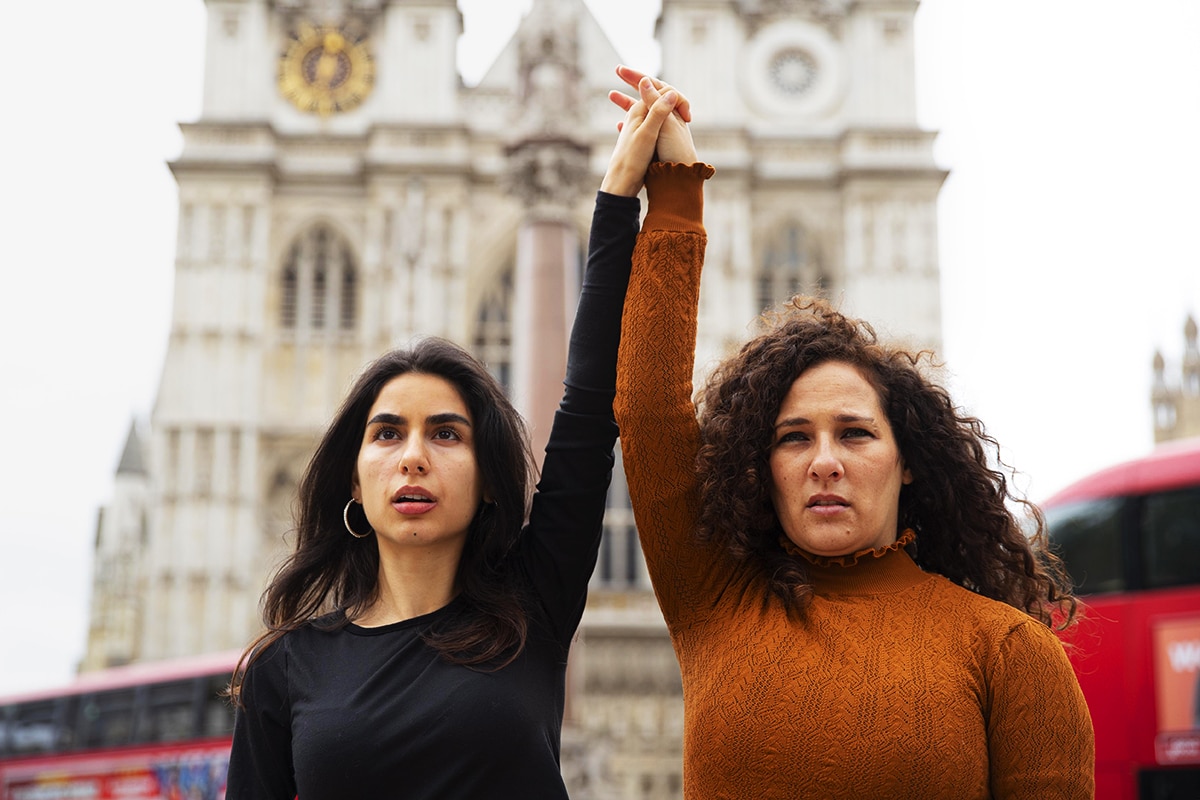One of the most significant issues that modern society faces is the fight for equality. In a world that is becoming increasingly diverse, it is essential to ensure that everyone enjoys equal rights and opportunities. Despite the progress that we have made in recent years, there is still a lot of inequality in various sectors of society. If we are to achieve a world where everyone is treated equally, we must all take responsibility for this movement. Here’s why.
The Impact of Inequality
It is common knowledge that inequality affects everyone negatively. It hinders social and economic development, leads to job discrimination, causes income inequality, increases poverty, and undermines democracy. It also encourages racial and gender discrimination, which further perpetuates the problem. Inequality harms not just the victims of discrimination but society as a whole. To ensure that everyone has equal opportunities, we must all work together to fight against it.
Why Equality is Everyone’s Responsibility
People, institutions, and governments have a collective responsibility to combat inequality. To achieve this, it’s essential to acknowledge that we all have a role to play. Whether we are employers, educators, or members of society, we have a responsibility to promote equality and fight against discrimination.
How Employers Can Play a Role
Employers play a crucial role in promoting equality and diversity. They can create sensitive workplace policies that encourage equality and diversity and positively impact the lives of their employees. For instance, they can ensure that their recruitment process is fair to avoid discrimination based on gender, race, or nationality. They can also offer training programs that enable employees to recognize and challenge inequality and discrimination both in and outside the office.
How Educators Can Play a Role
Educators, particularly those at the grassroots levels, can make a difference. They can help young students understand the importance of equality and diversity as essential values in society. Educators can do this by raising awareness about inequality and discrimination and teaching students to recognize and embrace diversity. Young people should be educated to recognize and fight against discrimination, whether it is in their schools or communities.
How Members of Society can Play a Role
Members of society can make a difference by challenging stereotypes and discrimination. We all have a part to play in creating a more equal society. We can challenge bias by speaking out against racist, sexist, or homophobic remarks. It’s also important to challenge stereotypes that lead to discrimination against others.
What You can Do to Help
Here are some practical steps that you can take to help fight against inequality:
1. Speak out against discrimination
Discrimination can take many forms, and sometimes it can be hard to identify. If you witness any form of discrimination, speak out against it. Let the person know that their behavior is unacceptable, and stand up for those who feel powerless.
2. Educate yourself on inequality
To be an effective advocate for equality, it’s important to educate yourself on the issues. Read, watch, listen to stories from people who have experienced discrimination and learn from their experiences. Attend educational events, participate in training sessions, and share what you’ve learned with others.
3. Challenge your own biases
It’s easy to fall back on stereotypes and biases without even realizing it. Take an honest look at your own beliefs and values and challenge any biases you may have. By challenging your own prejudices, you can better understand the issues faced by others and become an ally in the fight for equality.
4. Support organizations fighting for equality
Many organizations are fighting for equality. Support them by volunteering your time, donating money, or sharing their messages on social media. Even by supporting these organizations, you can make a difference.
The Benefits of Equality
Despite the challenges that come with fighting against inequality, the rewards of equality are numerous. They include:
1. Economic benefits
Equality boosts economic growth by improving productivity, stimulating innovation, and increasing consumer demand. By providing equal opportunities, we allow people to reach their full potential and create a society with a more skilled workforce.
2. Social benefits
Equality promotes social harmony by ensuring that everyone has access to the same opportunities. When everyone has equal opportunities, there is less tension between different groups, fewer conflicts, and a more stable society.
3. Personal benefits
Equality enriches our personal lives by enabling us to experience a greater sense of fulfillment. When we have access to equal opportunities, we can pursue our passions and achieve our dreams.
Conclusion
In conclusion, fighting for equality is everyone’s responsibility. The impact of inequality affects everyone, and we all have a part to play in combatting it. Employers, educators, and members of society all need to play a role in promoting equality and fighting against discrimination. By standing up against discrimination, educating ourselves on the issues, and supporting organizations fighting for equality, we can make a difference. The benefits of equality are numerous, and with our collective efforts, we can create a world where everyone has access to the same opportunities.

Deja una respuesta